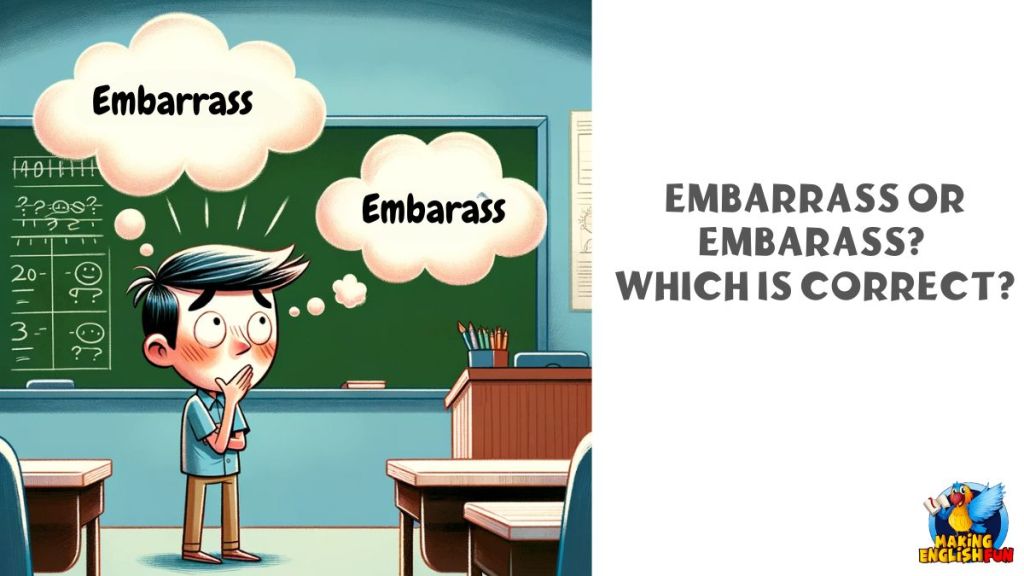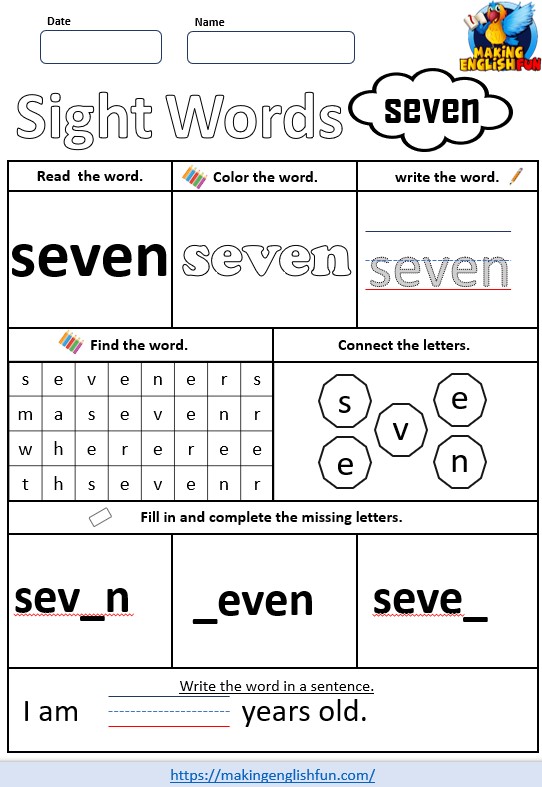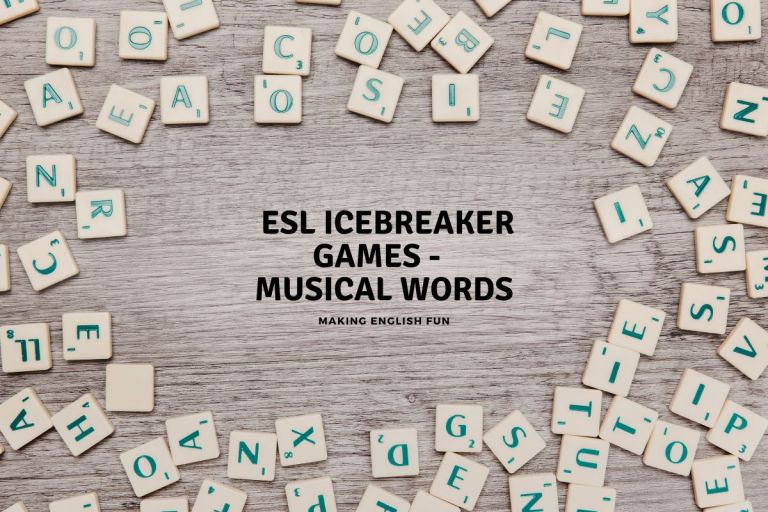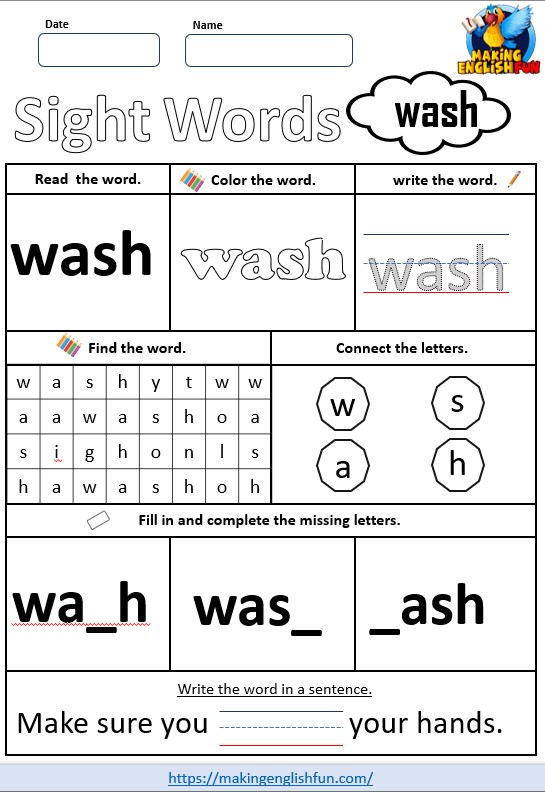Embarrass or Embarass? Which Spelling Is Correct?
Spelling the word “embarrass” correctly can be a challenge for many. The confusion often lies in how many ‘r’s and ‘s’s to use.
This article is designed to address this common mistake, helping you understand and remember the correct spelling.

Correct Spelling and Definition
The correct spelling is “embarrass,” with two ‘r’s and two ‘s’s. “Embarrass” means to cause someone to feel awkward, self-conscious, or ashamed.
For example, in the sentence, “He was embarrassed by his mistake,” the word describes the feeling of discomfort or humiliation.
Common Spelling Error: Embarass
The error typically occurs in shortening the word to “embarass” with just one ‘r’.
This mistake is understandable, as in spoken English, the double ‘r’ is not always emphasized.
However, in written form, maintaining both ‘r’s is essential for the correct spelling.
Etymology and Historical Development
The word “embarrass” has an interesting origin story. It comes from the French word “embarrasser,” which means to block or obstruct.
The French word itself is thought to have originated from the Spanish word “embarazar,” meaning to impede or encumber.
This etymology reflects the sense of being ‘blocked’ or ‘obstructed’ by awkwardness or shame, which is central to its current meaning in English.
Usage in Different Contexts
“Embarrass” is often used to describe a feeling of discomfort in social situations.
For example,
- “She felt embarrassed when she forgot her lines on stage,” shows a personal reaction to a mistake.
- It can also be used in a more general sense, as in “The company was embarrassed by the scandal,” where it describes a state of corporate humiliation or dishonor.
Comparison with Other Common Spelling Confusions
“Embarrass” is not alone in being frequently misspelled.
Words like “occurred” (often misspelled as “occured”) and “possession” (sometimes written as “posession”) also frequently trip people up.
Here’s a quick comparison:
| Correct Spelling | Common Incorrect Spelling |
|---|---|
| Embarrass | Embarass |
| Occurred | Occured |
| Possession | Posession |
These examples highlight the common issue of double letters in English spelling and underscore the importance of paying attention to such details.
Tips for Remembering the Correct Spelling
A useful mnemonic for remembering the correct spelling of “embarrass” is to think of the phrase “double trouble.”
This phrase can remind you that “embarrass” has double ‘r’s and double ‘s’s, reflecting the idea of the ‘trouble’ or discomfort associated with embarrassment.
Besides mnemonics, practicing the spelling through writing and using the word in various sentences can be beneficial.
Recognizing the pattern of double letters in English and becoming familiar with them in different words can also help improve your overall spelling skills.
Conclusion
In summary, “embarrass,” with its double ‘r’s and double ‘s’s, is the correct spelling.
Understanding and remembering the correct spelling of such words is crucial for effective communication and writing in English.
By focusing on these common errors and learning from them, you can enhance both your written and spoken English proficiency.
FAQs or Reader Questions
Q1: Are there any other words where the double letters are commonly mistaken?
Yes, words like “necessary” (often misspelled as “neccessary”) and “accommodate” (frequently misspelled as “acommodate”) are also prone to double letter errors.
Q2: Why is the pronunciation of ’embarrass’ different from its spelling?
English pronunciation can be inconsistent due to its diverse linguistic influences and historical changes in pronunciation that haven’t always been reflected in spelling.
Q3: How can I improve my English spelling in general?
Regular reading, writing, and practicing spellings can significantly improve your English spelling. Using language learning apps and engaging in spelling exercises or games can also be helpful.
Q4: Is it important to correct someone if they misspell a word like ’embarrass’?
It depends on the context. In informal situations, it might not be necessary. However, in formal or educational settings, correcting spelling can be constructive and helpful.
Q5: Can understanding word origins help with other aspects of language learning?
Yes, understanding the origins of words can enhance vocabulary, comprehension, and spelling skills. It provides context and connections that make learning more meaningful and memorable.







